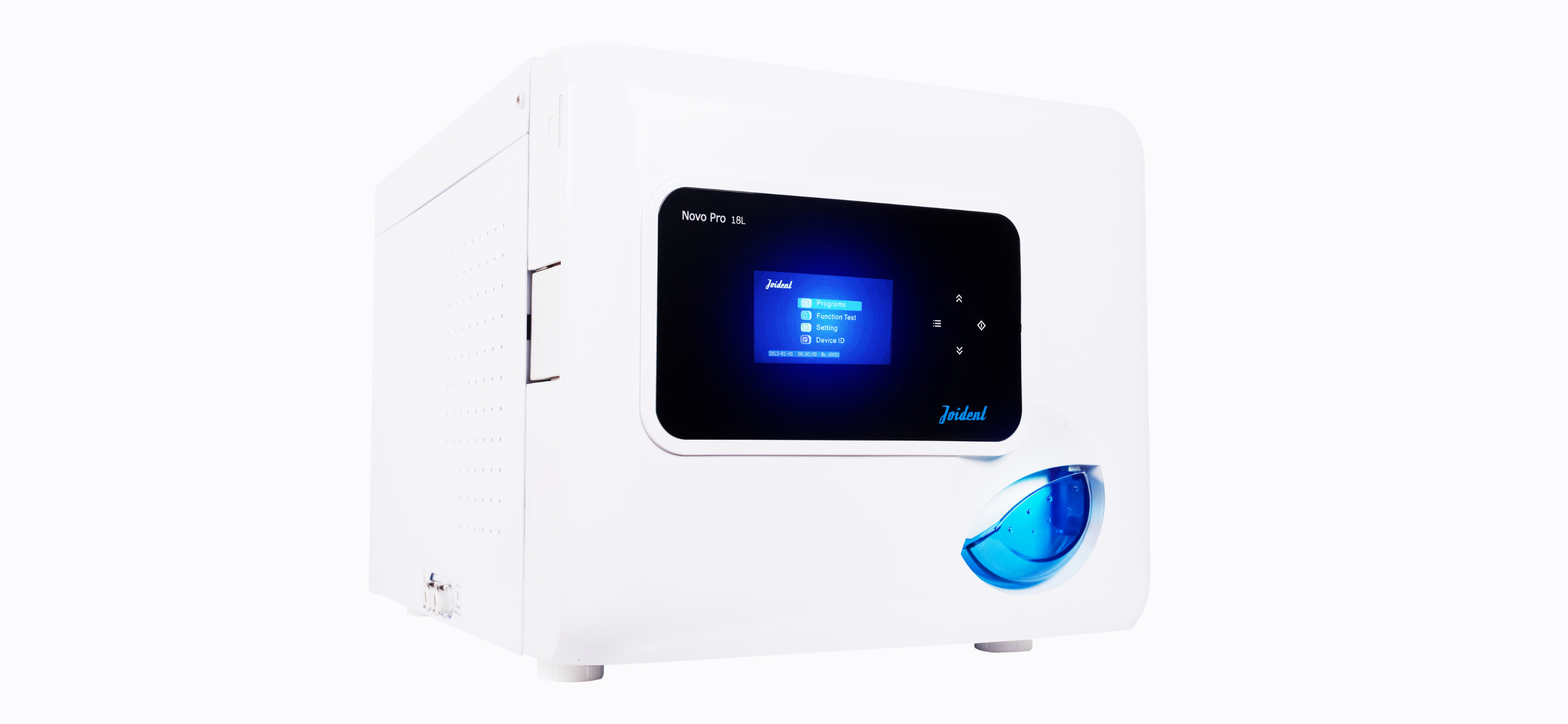Medical
Steam sterilizers play a key role in hospitals, effectively sterilizing surgical instruments, dressings, medical equipment and other items, preventing nosocomial infections, protecting patients and helping hospitals comply with strict hygiene and safety standards. This equipment is an essential tool for hospitals to ensure aseptic operation and maintain high-quality medical services.

Surgical instrument sterilization
Hospitals perform a large number of surgical procedures every day, using surgical instruments (such as scalpels, forceps, scissors, suture needles, etc.) that need to be sterilized before each operation. The steam sterilizer can effectively eliminate a variety of pathogens, including bacteria, viruses, fungi and spores, using high-temperature, high-pressure steam, ensuring the sterility of surgical instruments and preventing intraoperative infections.
Dressings and bandages sterilization
Gauze, bandages, gowns, surgical caps and other dressings used in hospitals must also be sterilized before use. Steam sterilizers help reduce the risk of post-operative infections by ensuring that these materials do not introduce pathogens when they come into contact with patients' wounds.
Medical device sterilization
Many medical devices (such as catheters, syringes, endoscopes, etc.), and in particular those coming into contact with the patient's internal tissues or blood, need to be rigorously sterilized. Steam sterilizers can completely sterilize these instruments in a high-temperature, high-pressure environment, guaranteeing their sterility with every use.
Equipment sterilization in operating and treatment rooms
In hospitals, equipment used in operating theatres and treatment rooms (such as surgical light handles and bed accessories) need to be sterilized regularly. Steam sterilizers can be used to sterilize these hard-to-clean items and can maintain a sterile environment in these rooms.
Biological waste sterilization
Biological waste generated in hospitals (such as used surgical instruments, dressings, pathological tissue samples, etc.) must be sterilized before disposal. Steam sterilizers effectively sterilize such waste to ensure that it poses no biological risk to the environment or medical staff during handling and disposal.
Drugs and liquids sterilization
Some drug solutions and liquid preparations manufactured in hospitals also need to be sterilized to ensure that no pathogens are introduced during use. Steam sterilizers can be used to sterilize these liquid preparations to ensure their safety.
Respect of hygiene and safety norms
Hospitals must comply with strict hygiene and safety standards to prevent nosocomial infections. The use of steam sterilizers is one important measure in meeting these standards, helping hospitals to safeguard the health and safety of patients and medical staff.
Sterilization needs in laboratories and other departments
In addition to operating theatres and treatment rooms, sterilization equipment is also needed in hospital laboratories, blood banks, maternity wards, emergency rooms and other departments. Steam sterilizers meet the requirements of these departments for a sterile environment, and guarantee a reduction in the risk of infection in all aspects of medical care.
